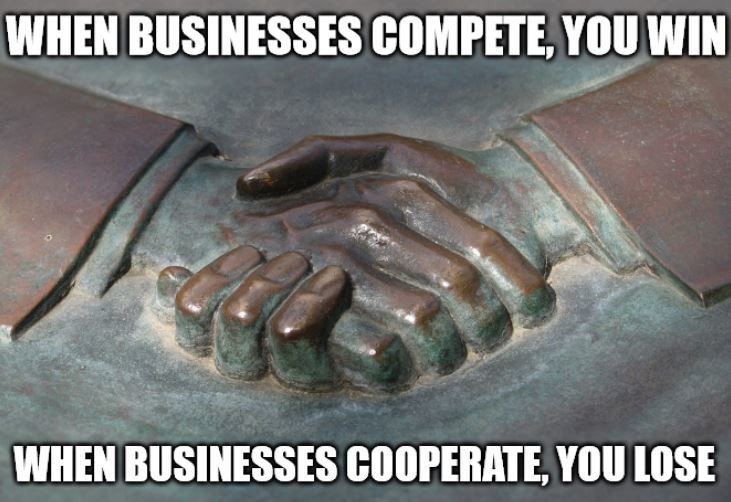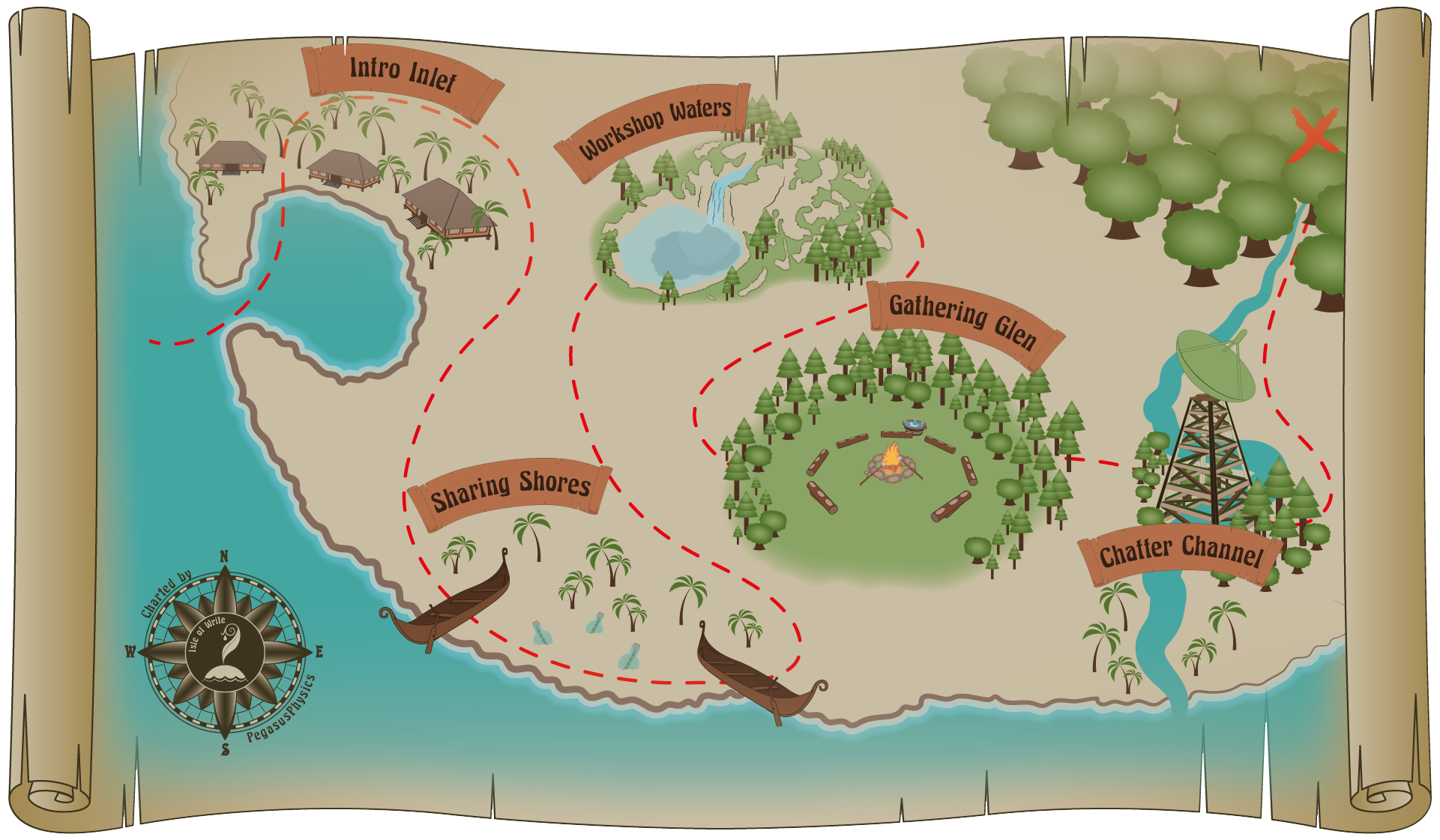
Part 1 | Part 2 | Part 3 | Part 4 | Part 5 | Part 6 | Part 7 | Part 8
The New Deal showed us more than anything else that our government had become a “corporatist” system. But what does corporatism mean?
Let's start with what it doesn't mean. Corporatism is not capitalism. It's not free-market economics. Many people believe that because the word “corporate” is in the term, that it must have to do with the system of capitalism that corporations engage in.
As a matter of fact, corporatism is the opposite of capitalism and free-market economics. Capitalism is a system where corporations use their capital (their machinery, skilled employees, raw materials, and saved funds) to compete with one another to earn our business. Corporatism, on the other hand, is a system where corporations use the government to avoid having to compete with one another.

More specifically, corporatism is a system where the government delegates certain powers – both officially and unofficially – to private organizations like unions, trade associations, and even individual companies. This delegation of power was a feature of the New Deal and gave corporations and other organizations the ability to control markets in a way that capitalism and the forces of free-market economics didn't allow them to do.
What are some examples of the way government delegates power officially? It delegates power to trade associations to license professional members of an industry, like the American Bar Association licenses attorneys. It delegates power to unions to force employers to hire only union members.
The government also delegates power to trade associations to enforce “cartel” practices among their members. A cartel is a group of companies agreeing to collude or team up by not competing with each other. The main form of competition between companies is to try to be the lowest-priced, and cartels agree not to compete by lowering their prices. Below are some well-known trade associations:
- Alliance of Automobile Manufacturers
- American Medical Association
- Council for Responsible Nutrition
- Financial Industry Regulatory Authority
- Food and Beverage Association of America
- Grocery Manufacturers Association
- Screen Actors Guild
- Tobacco Institute
- United States Telecom Association
Unofficially, the government delegates power to corporations through something known as its “revolving door,” which is an expression that describes how many employees of corporations are hired by the government to police those same corporations. The idea of the “revolving door” is that these employees can go back and forth between their government job and their corporate job.
The delegations of power from a corporatist government are almost always done to kill the market force of competition. Most corporations dislike having to compete because they make less money when they must compete for our business.
When corporations have to spend less competing with other corporations, the landscape of our economy changes. Corporations and industries connected to government become larger, with less accountability. This can lead to higher levels of industrial pollution, higher promotion of consumerism, higher prices, and higher levels of waste of our natural resources.
The industry with probably the closest connection to the government is the defense industry and it led the United States to adopt even higher levels of spending and resource consumption in the 1940s. We'll explore that next time.
This article is one of a series I'm writing for the 30 Day Writing Challenge hosted by @dragosroua. If you want to join, write on a topic that interests you or that you'd like to learn more about and use the tag #challenge30days. As Dragos says, "The key word sequence here is: "write every day."

Think you'd like to wash up on our shore?
The treasure map will bring you right to our door!


